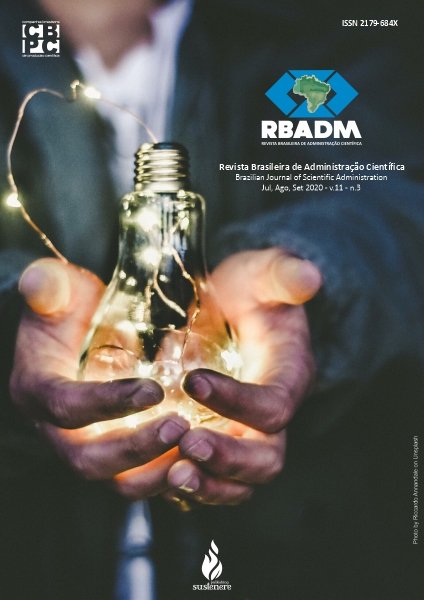The evolution of Covid-19 and incidence in deaths of the elderly population: defense of horizontal isolation
DOI:
https://doi.org/10.6008/CBPC2179-684X.2020.003.0012Keywords:
Pandemic, Covid-19, Social isolation, Horizontal insulation, SeniorsAbstract
With the advancement of Covid-19, measures to combat the pandemic were implemented through non-pharmacological preventive practices and social isolation in order to reduce the speed of contagion. In this scenario, it is observed that, based on information from countries that have become the epicenter of the disease, the consequences for the population over 60 years old are extremely worrying (often fatal), and even in the face of the rights of the elderly, such achievements do not minimize the effects of the disease’s spread among the elderly, requiring a decision that embraces the whole of society. Thus, it is proposed to analyze the evolution of the spread of Covid-19 in the most affected countries, in order to find out if the isolation measures adopted by the Brazilian Public Administration are adequate to resolve the contagion and the number of deaths among the elderly. Through exploratory research, it was possible to analyze the evolution of Covid-19 and observe its impacts, especially on the elderly population, considered the most vulnerable. The analysis of data from epidemiological bulletins made it possible to prove that, in the countries with the highest incidence of cases, more than 90% of the total deaths are among individuals over 60 years of age. We conclude that the best choice is for horizontal isolation, because it makes it possible, over time, to reduce the spread of the virus, guarantee hospital care and reduce the number of deaths, especially among the elderly.
Downloads
Downloads
Published
Issue
Section
License
The CBPC - Companhia Brasileira de Produção Científica (Brazil CNPJ: 11.221.422/0001-03) the material rights of the published works. The rights relate to the publication of the work anywhere in the world, including rights to renewals, expansions and dissemination of the contribution, as well as other subsidiary rights. All electronically published works may subsequently be published in printed collections under the coordination of this company and / or its partners. The authors preserve the copyright, but are not allowed to publish the contribution in another medium, printed or digital, in Portuguese or in translation.









